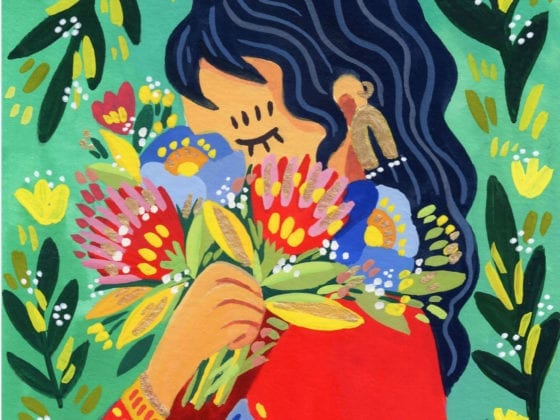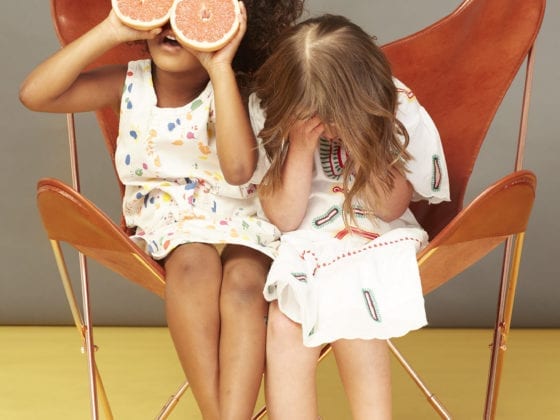When it comes to friendship, I am someone that casts her net far and wide. I love meeting new people. I thrive on variety and exploration.
If I’m at a party, I will likely seek out the person I know the least and pepper them with questions: What do you do? Where are you from? What makes you laugh?
As much as I love making new friends, however, I have come to value long-lasting friendships the most. These are my deepest and most tenacious friendships with those who have seen me at my best and my worst. These are the people who know what I’m made of and where I have failed. They are the people who may live in different cities and states but who continue to be my closest comrades.
The older I get, the more I value deep friendship. I have learned that deep friendship requires intentionality. Here are three core lessons I’ve learned from more than three decades of meeting, knowing and loving friends.
Deep friendship is born out of transparency.
Depth is not born out of the highlight reel but out of sharing in the dark and hard moments. Often those seasons of life require you to be vulnerable and transparent with your friends about who you really are.
Depth is not born out of the highlight reel but out of sharing in the dark and hard moments.
As someone who is quite independent and conflict-averse, I can easily skim over this part of friendship. However, as I navigate adulthood, I have learned that bringing others into painful seasons not only provides me with support but deepens my friendships.
Being transparent with friends means that you don’t fear rejection for what you will reveal. You might tell a friend about something that has happened to you, a fear you’re struggling with or even something they have said that has been hurtful. Though that place of sharing might feel scary, it can ultimately create greater intimacy and trust in the friendship.
Deep friendship does not depend on commonalities.
Some of my closest friendships are with people who are different from me. We might come from very different cultures (or countries) or have dramatically different personalities (she’s quiet; I’m chatty). However, our differences only make us closer because we have a bond and an understanding founded on something much deeper than surface-level similarities.
I have also learned to pursue depth in unexpected friendships. These kinds of friendships might take more time or patience to cultivate, but they can produce the greatest fruit: richer interaction, deeper insight and, ultimately, more personal growth.
Deep friendship comes from consistency.
I’ll be the first to admit that I am not the type of person to text or call a friend every day or even every week. However, consistency doesn’t necessarily mean constancy. Consistency means intentionally contributing to a friendship throughout a period of time.
Consistency means intentionally contributing to a friendship throughout a period of time.
I have one friend who I met in college while studying abroad in France. She’s Finnish; I’m American. We haven’t lived in the same city, let alone the same country since. Yet, every few years, we reach out to each other. If possible, we spend time together. The result? A deep, decade-plus friendship born throughout the course of a handful of weekend trips, late night dinners and the best conversations.
Never be afraid to reach out to a friend no matter how long it’s been since you’ve spoken. Throughout the years, I have learned that it’s difficult to offend most people, and losing touch temporarily doesn’t mean the death of a friendship. Keep reaching out to friends, and let them know you care for them and support them, even when life feels hectic.
At the end of the day, there is no formula for friendship. Yet, it can be one of the deepest bonds you share with another person: a relationship born out of no other motivation than to commit time, attention and care toward another person.
Your time and presence may mean more than you’ll ever know to a friend. Keep reaching out, listening, caring and loving your friends; you never know how much it may mean to them.
Has cultivating deep friendship been difficult or has it come with ease? What is one lesson you’ve learned about how to show up as an emotionally healthy friend in your friendships?
Image via Martha Galvan, Darling Issue No. 16










